Whether it’s the English roast and Yorkshire pudding in Newcastle or the chicken pelau of Trinidad’s shores, there’s been no shortage of worldly influences for the Massachusetts women’s soccer freshman winger, Nia Hislop.
The fourth daughter of a long-time Premier League goalkeeper, Shaka Hislop, Nia grew up in a house with five kids and plenty of athletic talent. The first-year collegiate player was born in Portsmouth, England, and her parents were born in Trinidad and Tobago, a small island-nation in the Caribbean. When she moved to Concord, Massachusetts in 2009, she completed the third leg of her residency, obtaining tri-citizenship.
While she only speaks one language, Hislop understands the local dialect of Trinidad: a strong, fast-paced version of English that her parents speak with close family and friends. A slight British accent makes brief appearances in her sentences, seemingly coming and going as it pleases.
As the only Black woman on the UMass team, Hislop discussed navigating through difficult racial dynamics.
“Being the only Black girl in any situation is obviously going to be hard,” Hislop said. “No, we don’t [discuss race]. It’s something that should be talked about, but we don’t really talk about it.”
UMass will welcome two more women of color on the team next season: Caroline Dickson, a forward from Danbury, Connecticut, along with defensive midfielder Carolina Benitez, from Westbury, New York.
Benitez looks forward to joining forces with Hislop and Dickson and said the teams that she has played for in the past have also struggled with diversity.
“There’s a significance in having a teammate who has shared similar struggles and experiences as you,” Hislop said. “Just having someone you can turn to who will understand.”
Growing up in a predominantly white community in Concord, Hislop grappled with her multifaceted identity. Whether it was her accent or her hair, she experienced unsolicited comments from people who had certain expectations of how she should look or sound. Now that she is older, she learned to stand her ground.
Hislop has always been proud of where she’s from. Growing up the daughter of a prominent footballer, she has always possessed the confidence to achieve success, yet never felt pressured by him to play the game. The humility and astute perspective of her father is reflected in her own demeanor.
“Since day one, we knew she was going to be a starter,” her roommate, teammate and best friend Bianca Cardano said, as Hislop laughed and shook her head.
“All of us knew it when she ran in front of us,” Cardano said. “If she can run past our fastest defenders, then she’s going to start.”
According to GPS statistics that track heart rate, top speed and distance covered, Hislop clocked as one of the top three fastest players on the team, along with forward Karina Groff and midfielder Sarah Cramer. Hislop logged a top speed of nearly 19 miles per hour this season, based on the most recent data from Catapult technology.
Based on the “eye test,” Hislop seems like the fastest player on the team, according to head coach Jason Dowiak.
It’s not just about her raw speed either, Hislop is a “great soccer player,” according to her coaches, exercising skill and control in addition to elite quickness.
When Hislop took the pitch for the Minutewomen, the team immediately felt her impact. Starting in 12 of her 18 total games, the freshman was revolutionary. Her blazing speed was put to good use on the wing in their 3-5-2 formation, and her performance earned her a spot on the Atlantic 10 All-Rookie team.
In 2019, she was selected to play for the Trinidadian national team, just as her father once did in 2006, the country’s first-ever World Cup appearance. But with the rise of COVID-19, Hislop couldn’t represent Trinidad and Tobago as sporting events were shut down worldwide.
With the intersection of her race and gender, as well the lack of universal support that she receives as a female athlete, Hislop battles multiple forms of prejudice and inequality.
Both Hislop and her father believe that there is a disparity between the way female athletes are treated compared to their male counterparts.
“There’s an overwhelming, universal difference in how men and women’s sports are regarded,” Shaka said. “There’s no getting away from that and something needs to be done to address it.”
“It’s a difficult and very nuanced issue, and also a global issue. The U.S. has made great strides in addressing it, but I think there’s a long way to go still,” he added.
Hislop and Cardano highlighted some of the different ways men and women’s athletics are perceived on campus at UMass.
The two players discussed the apparent status of student athletes on campus, and the way that male athletes receive more attention and support, both from the student body and the University. Male athletes on campus receive a certain degree of celebrity; but many times, female athletes don’t experience that same level of notoriety and attention.
Hislop is no stranger to discussing racism and gender inequality. Her father received an honorary doctorate in civil law from Newcastle University for his work with his nonprofit educational group Show Racism the Red Card. Despite this, Hislop was quick to acknowledge her own privilege from the opportunities she had growing up.
“Both my parents went to college,” Hislop said. “I’m so grateful my parents worked so hard their entire life to give us these opportunities. That’s a privilege.”
She also assists her dad with Second Half Sports Foundation, a nonprofit founded by Shaka in 2019 to provide second-hand cleats to underfunded communities in Trinidad. “We have to recognize those privileges,” Shaka said. “Recognize how much it means to the giver to give back.”
Hislop mentioned the word “privilege” multiple times over the course of an interview.
“I do use that word a lot,”Hislop said. “I just think it’s important to recognize it in every aspect. There’s so many things I’m thankful for and I just want to acknowledge that. I know that I’m lucky and I’m blessed.”
“It gives me a sense of pride to hear her say that,” Shaka said. “A lot of times we do benefit from different privileges, but we are reluctant to recognize that. I think that’s one of the reasons my wife and I were so keen on our kids understanding where they are from. Understanding our experiences and how different people live around the world.”
When discussing her daughter’s identity and different influences, Desha Hislop viewed the mobility of her family as an opportunity for growth instead of a negative.
“Having those passports opens up a world of opportunities,” Desha said. “It’s allowed Nia and her siblings to be very grounded. They have a very worldly perspective. There’s more to life than what you see, where you are. They are open to different experiences.”
“I can be British, and Black and Trinidadian,” Hislop said. “I can be all these things, and that’s fine. I’m proud of it.”
Graham Noble can be reached at [email protected].

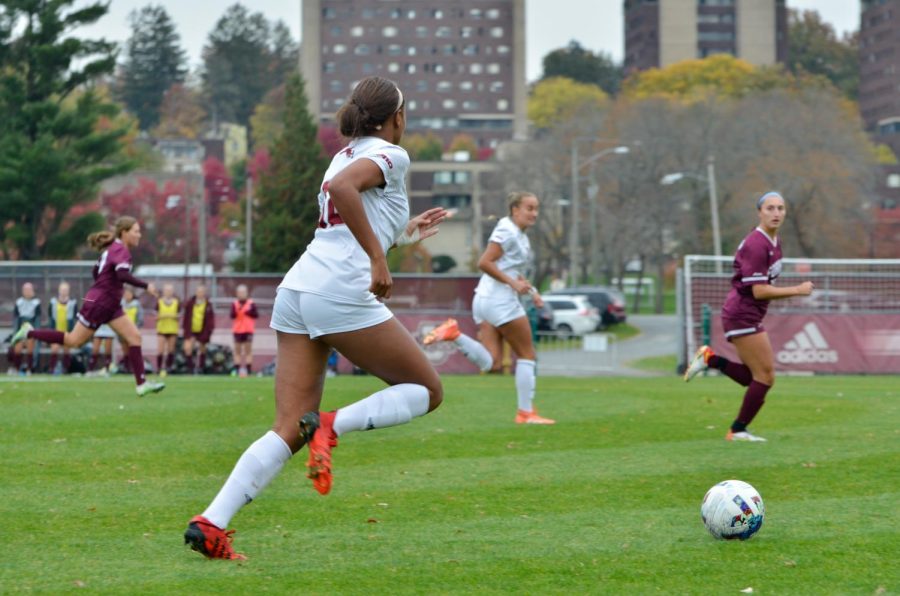













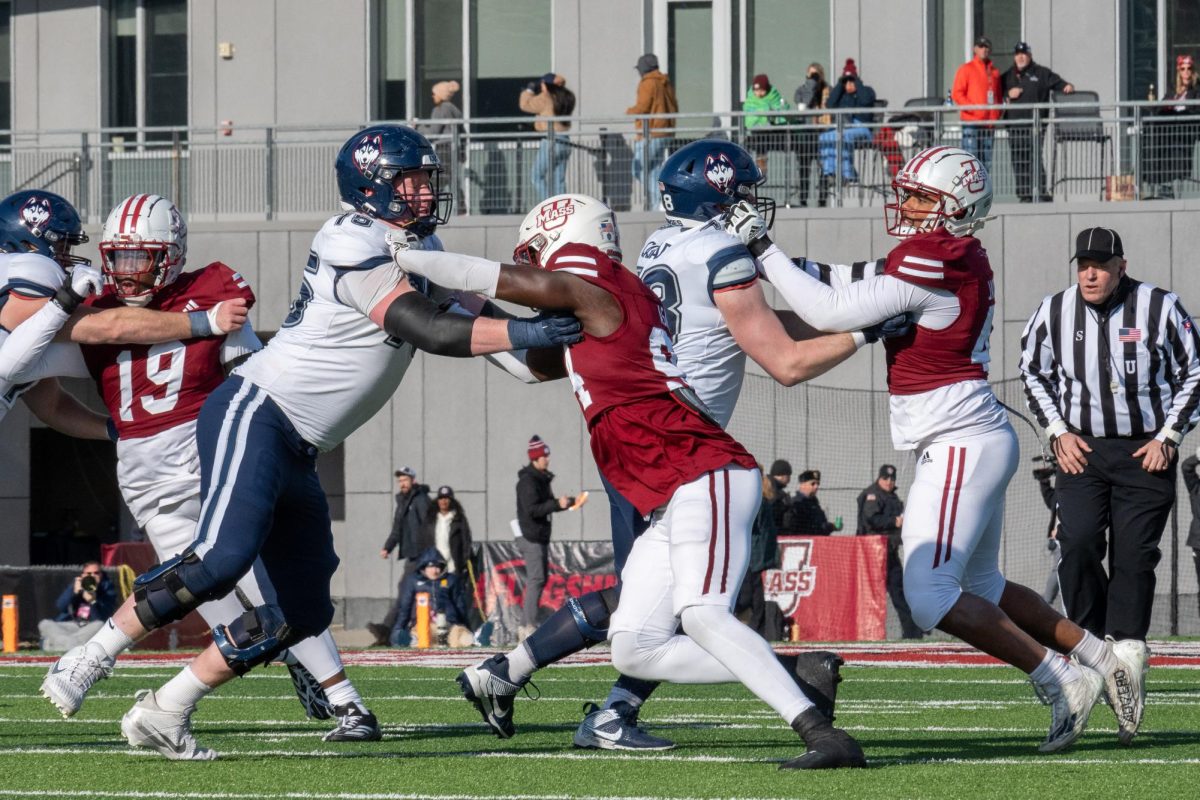
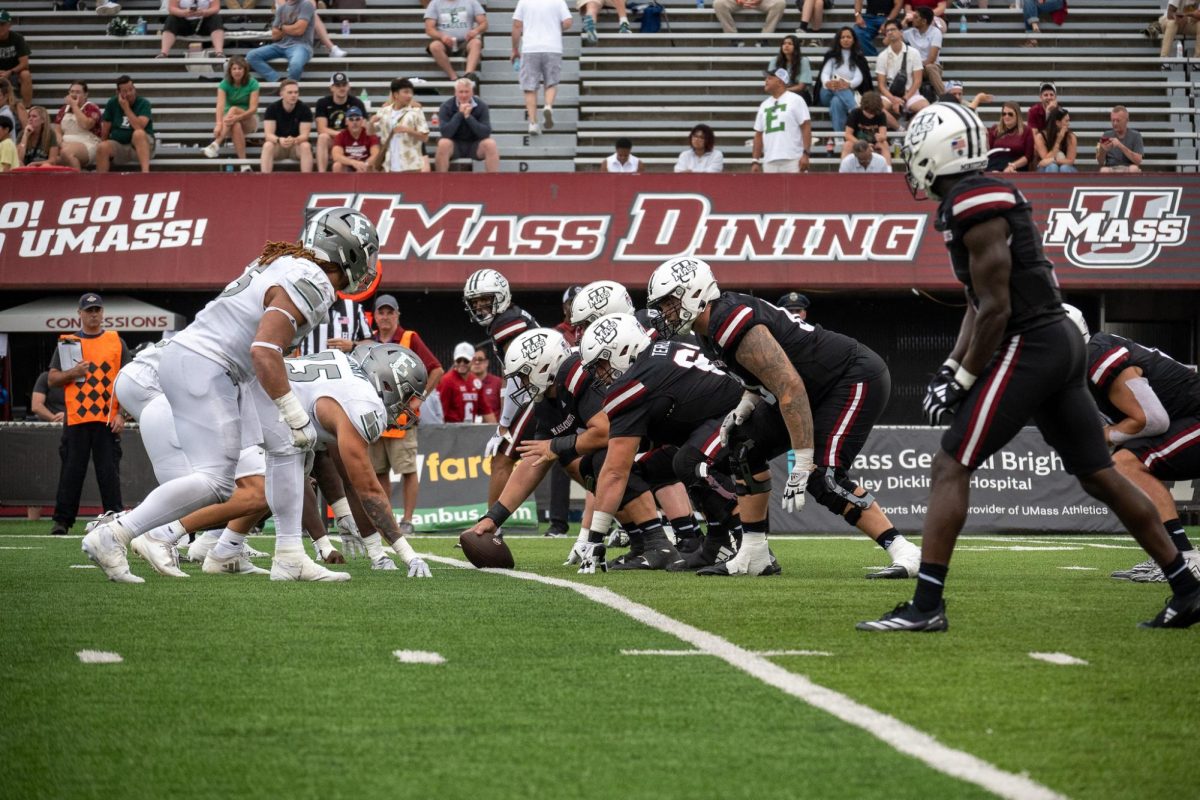
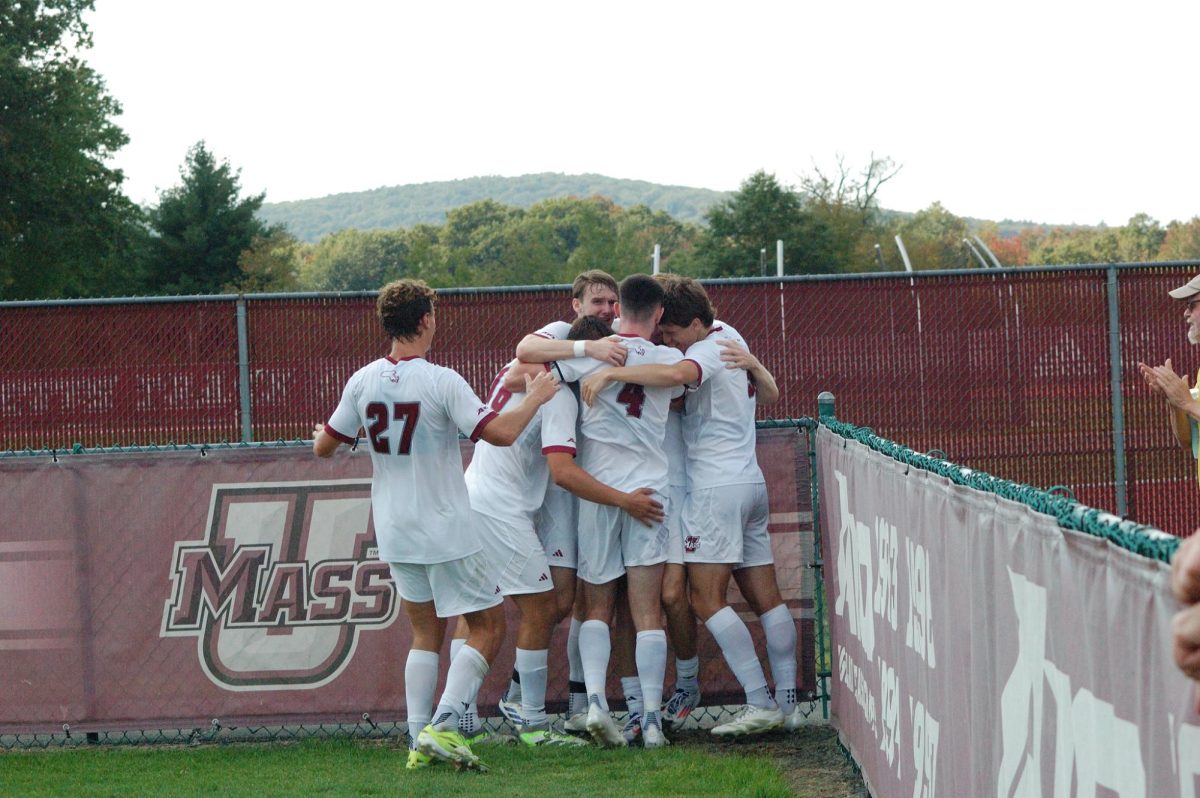

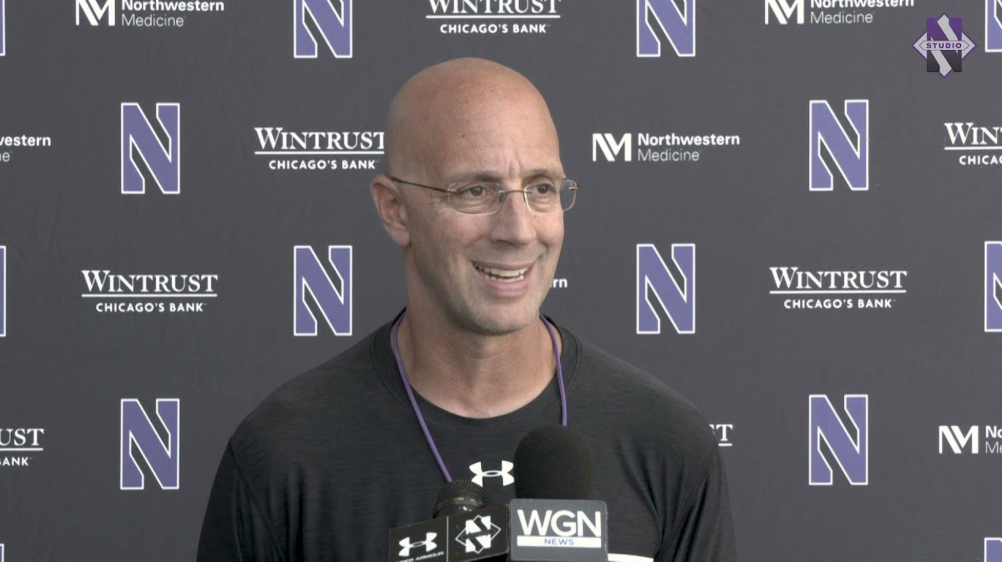
Gina • May 19, 2023 at 12:56 pm
Wonderful, uplifting and encouraging article.